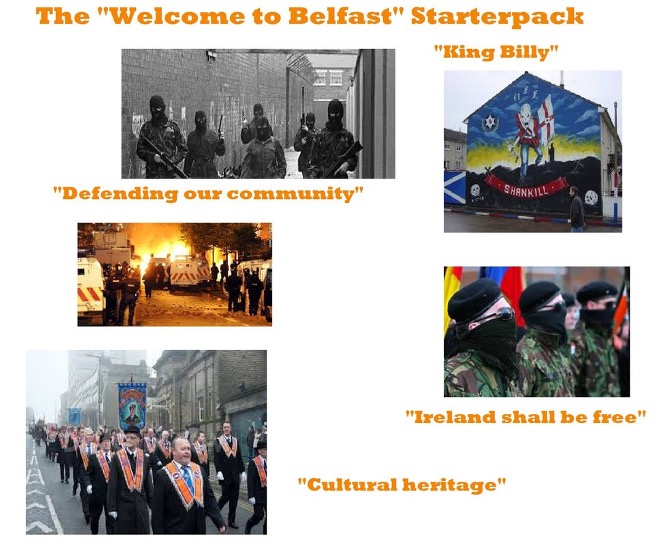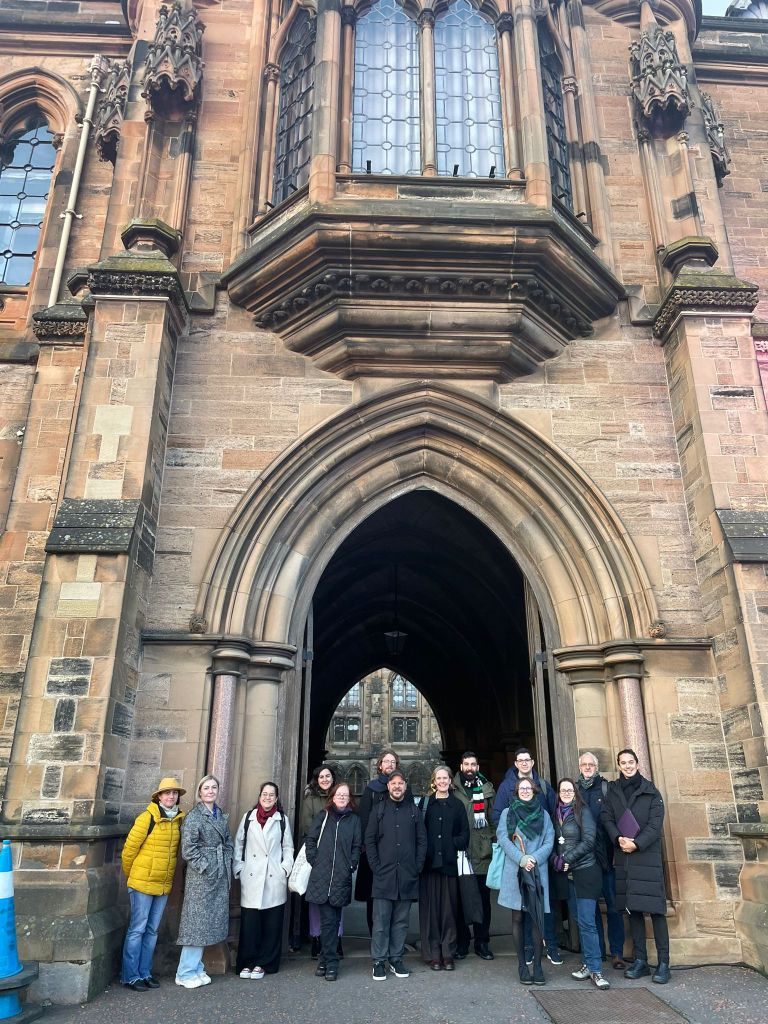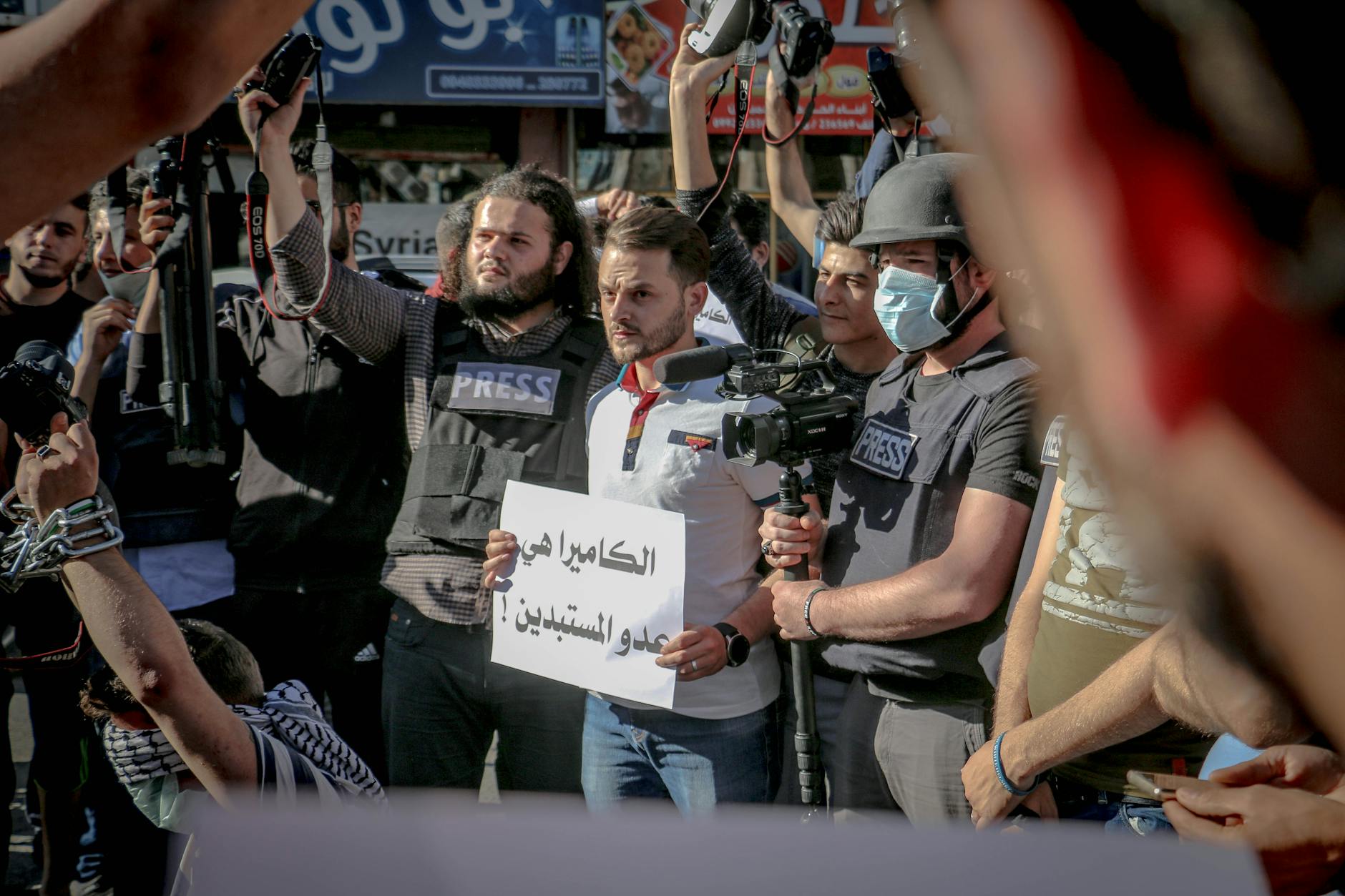
Delighted to be involved in organising this great workshop on researching social media research. Please do share widely and submit!
Researching Social Media After the API: A One-Day Workshop
University of Liverpool (and online)
Wednesday 19th June 2024 (exact times to be confirmed!)
Deadline for submission: Friday 24th May 2024
In the recent past, social media platforms became more open about working alongside academic researchers and crucially, enabling academic access to their data in order to facilitate political communication research (and many other forms of research besides). However, this has been dramatically reversed in recent years in what Axel Bruns (2019) has referred to as the “APIcalyspe”. Both Meta and X (formerly Twitter) have withdrawn or sought to restrict access to their platforms for academic research by making it prohibitively expensive. The discipline now stands at a crossroads (Bruns, 2019). Either accept and adapt to the new access arrangements, most likely to the detriment of the scope, volume, and overall quality of the research, or consider methodological innovations and workarounds to examine these platforms central to our everyday existence. To this end, we would like to invite contributions to a one-day workshop to be held in hybrid format (online and in person, at the University of Liverpool), to discuss how we might continue to research social media platforms under these difficult conditions.
Potential topics could include (but are not restricted to):
– researching the ‘black box’ (documenting and analysing communication on closed platforms such as WhatsApp/Discord/ etc.
– The significance of small-N case studies
– Researching dead or declining platforms
– The ethics of collaborating with technology companies
– Researching content moderation practices
– Practical reflections on specific methods
– Qualitative approaches
Please submit a 300 word abstract outlining the topic of your proposed contribution along with your name and contact information. Please also indicate if you would prefer to contribute online or in person. Abstracts addressing political research topics (broadly defined) will be prioritized. Abstracts and queries should be sent to Emily Harmer: E.Harmer@liverpool.ac.uk by 24th May 2024.
The workshop is funded by DigiPol: Centre for Digital Politics, Media and Democracy at the University of Liverpool. We have a small pot of money to assist with travel costs to attend in person. Priority will be given to PGRs or unwaged/precariously employed colleagues. If you would like to be considered for a travel bursary, please indicate this in your submission so we can assess demand.
Organisers: James Dennis (University of Portsmouth), Emily Harmer (University of Liverpool), Liam McLoughlin (University of Liverpool), Paul Reilly (University of Glasgow) and Ros Southern (University of Liverpool).




